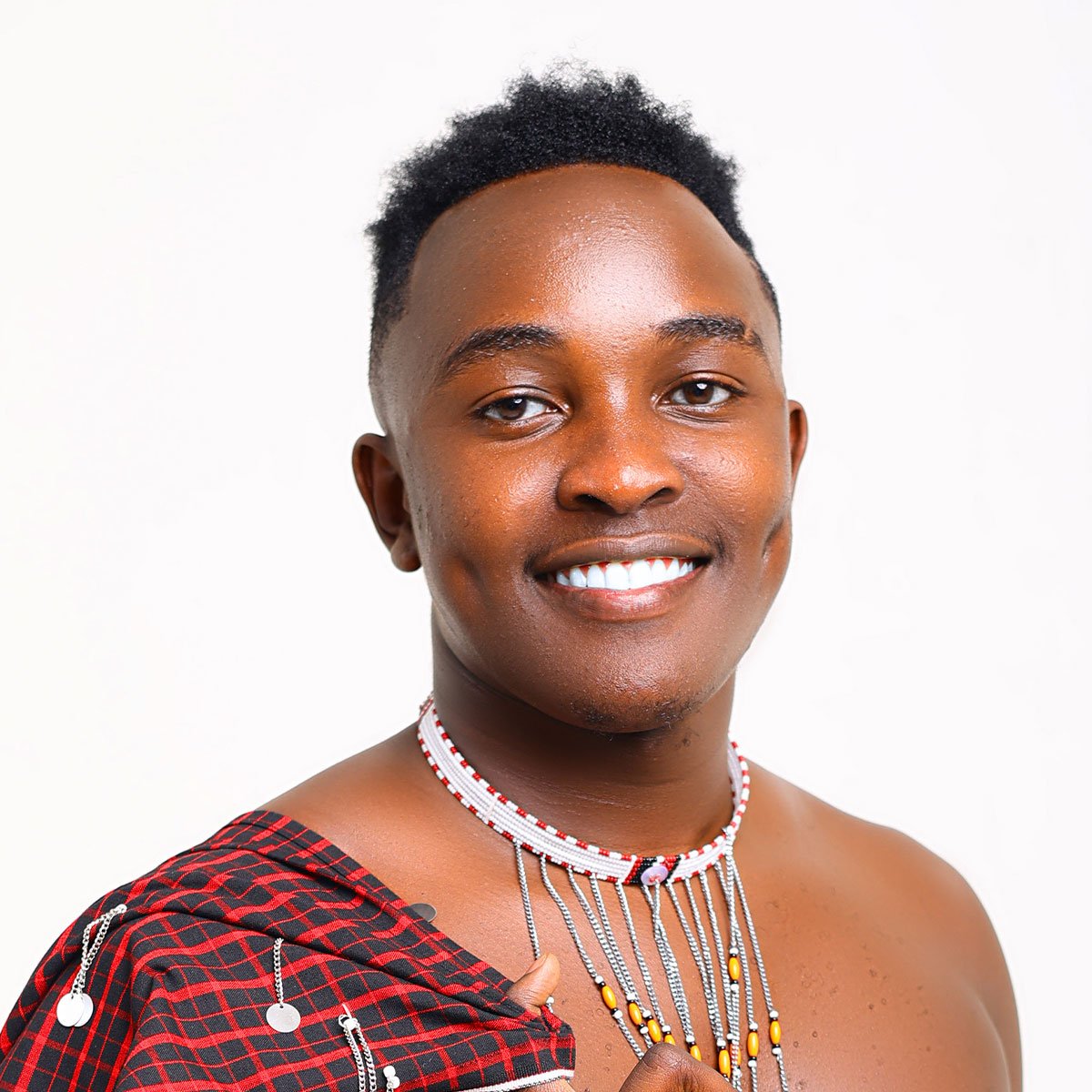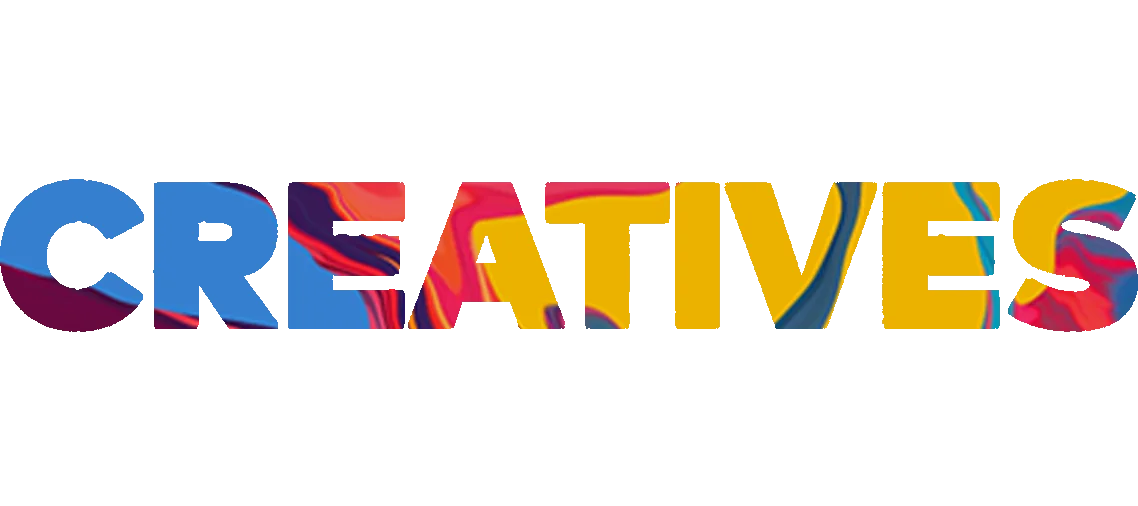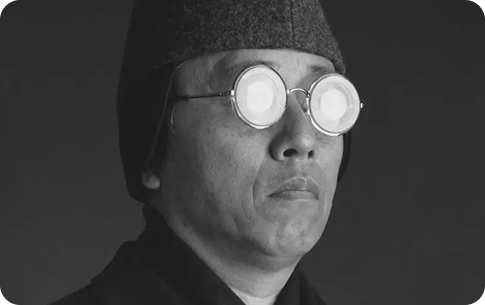
“I wish I could say I feel fully free. But the truth is: I am constantly balancing courage and caution, resistance and resilience.”
- Leshao Leshao
Amos Leshao Sopia, who performs as Leshao Leshao, is a 23-year-old Kenyan musician who blends contemporary beats with traditional Maasai rhythms to create songs that speak about love, gender equality, and social issues. He says, “Through my music, I aim to educate, inspire, and motivate people on various topics. In addition to my work as an artist, I am a climate justice activist using music as a powerful tool for advocacy. Professionally, I am also a civil engineer.”
Leshao has been making music since 2019, when he was in high school, but he says he “really began refining my craft in 2022 during university. I sing about issues I’m deeply passionate about, which helps me create songs that are not only meaningful but also impactful. Many of my songs focus on our indigenous culture, telling stories, preserving traditions, and raising awareness through art.” The young creative chose to use art for climate change activism after witnessing the powerful work of a youth-led NGO, that he now works closely with, called Spring of the Arid and Semi-Arid Lands (SASAL). “Their commitment to advocating for climate justice for pastoralist communities, and their innovative approach to the issue, deeply inspired me. On a personal level, I’ve also seen the harsh realities of climate change, droughts, floods, and even conflicts, which have motivated me to act and use my voice to raise awareness and inspire change.”
Leshao’s music addresses critical issues such as education, culture, climate change, justice, and love. “These topics are deeply important to me. For instance, our Maasai culture is facing deterioration due to a combination of challenges. Singing about it not only reminds people of our heritage but also serves as a powerful form of preservation. Education is equally vital, especially for communities like mine, to help them understand and keep up with current and emerging issues such as climate change. Music becomes a bridge, connecting people emotionally while passing important messages.”
He adds, “Climate change has significantly affected my community in the Maasai Mara. As pastoralists, we depend heavily on a favorable climate for our main livelihood, livestock keeping. We’ve also traditionally coexisted peacefully with wildlife. However, extreme weather events like prolonged droughts and heavy floods have disrupted this balance. We’re now experiencing increased human-wildlife conflict, high livestock mortality, land degradation, and resource-based tensions. These impacts have led to rising poverty, school dropouts, loss of productive land, and even cultural erosion. All these realities continue to fuel my commitment to use music as a tool for advocacy and resilience.”
Civic space in Kenya is considered repressed, and Leshao shares that as someone who works at the intersection of climate justice, Indigenous rights, and gender equality, he has often found himself “walking a tightrope, wanting to speak truth to power while being cautious not to provoke backlash that could silence or harm our work. While I continue to express myself through music and advocacy, there is always a lingering fear that pushing too hard against systems of injustice, especially when it touches on land rights, government accountability, or extractive projects, could invite surveillance, threats, or administrative pushback.”
His fears are not unfounded, as he reveals that his colleagues and fellow activists have experienced “harassment, arbitrary arrests, and being blacklisted from events or funding opportunities simply for speaking out.” He further shares that he has encountered “subtle forms of intimidation, such as unexplained delays in getting permits for community events, being warned ‘not to go too far’ in my messaging, or being excluded from decision-making spaces after speaking too boldly. These are not always violent acts, but they are deliberate tactics to shrink civic space and discourage activism.”
Despite this, Leshao says, “I continue to use Indigenous music and culture as a powerful, non-confrontational yet deeply impactful tool of resistance. It allows us to pass messages that resonate widely while protecting our safety to some extent. Still, the risk remains, and I wish I could say I feel fully free. But the truth is I am constantly balancing courage and caution, resistance and resilience.”
For the Emerging Creatives Program, Leshao performed a song titled “Esipata Oloing’ange” (Climate Justice) in his home of Meguarra village in Narok County, Kenya. Using art as a powerful tool for justice, he says “I hope to create awareness, educate, aid in preserving culture as well as fight and deliver climate justice to my people.”
LESHAO'S WORK

Global Citizen’s Emerging Creatives Program provides a platform for emerging creatives in the Global South that are highlighting the need for open civic space worldwide. Through their art, they call for change, shine a light on social injustices, and advocate for the advancement of the Global Goals.
MEET THE MENTOR
Rakaya Esime Fetuga
POET
South African-born Simphiwe Molefe, uses his photography to show the impacts of energy issues in the country. His collection of images titled, Impilo Iyaqhubeka, translates to mean “life goes on” in isiZulu and looks at how every day members of his community cope with South Africa’s ongoing power crisis.
In 2023, South Africa’s civic space rating was downgraded from “narrowed,” to “obstructed” — the third worst rating a country can have. That’s why Molefe believes creatives like himself have a role to play in highlighting the effects of the failure of basic services such as the power crisis in South Africa.
